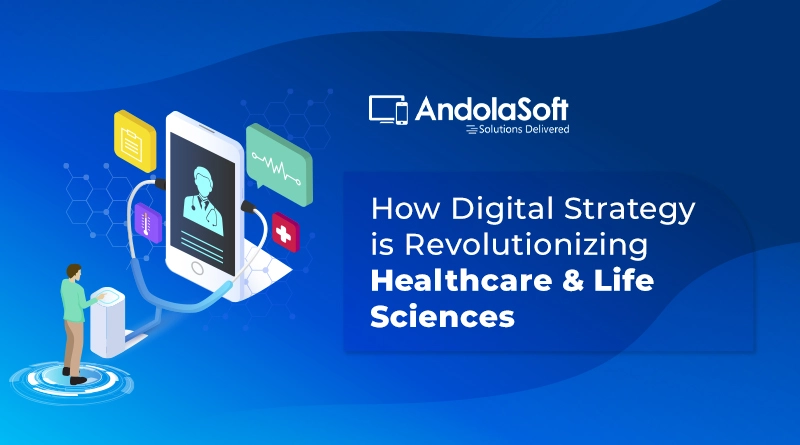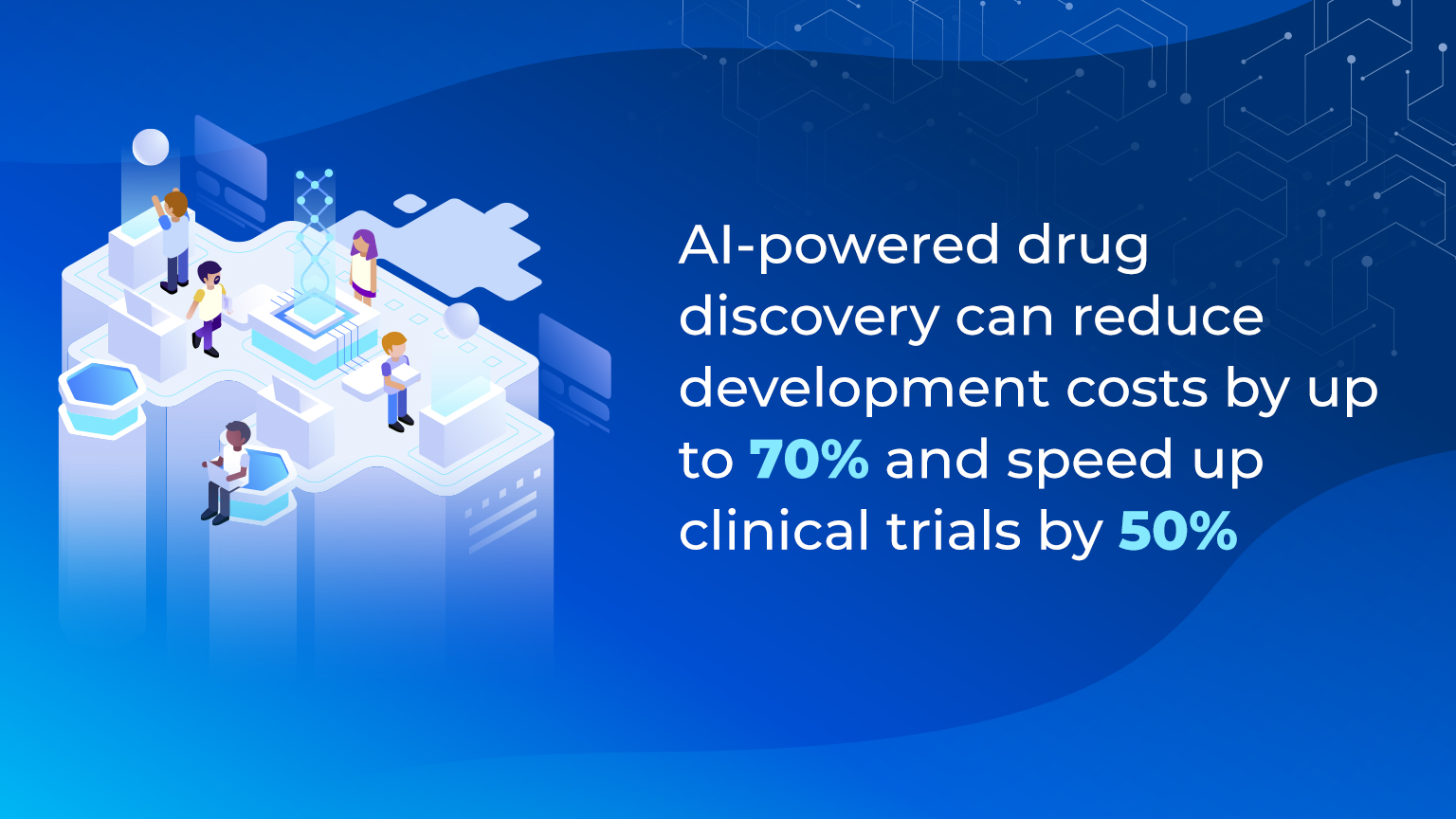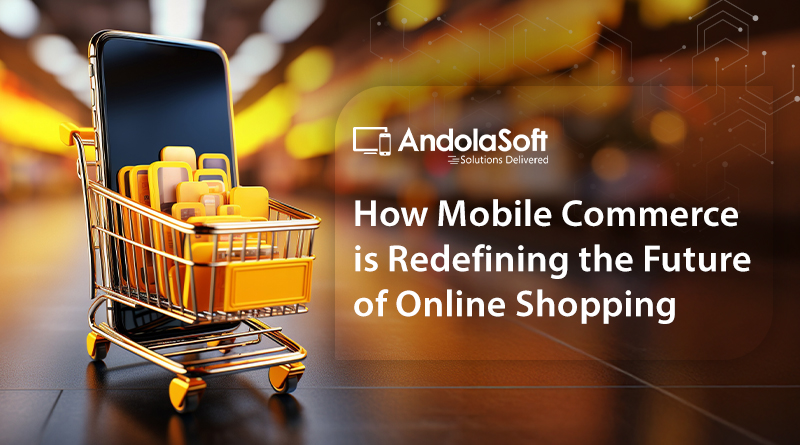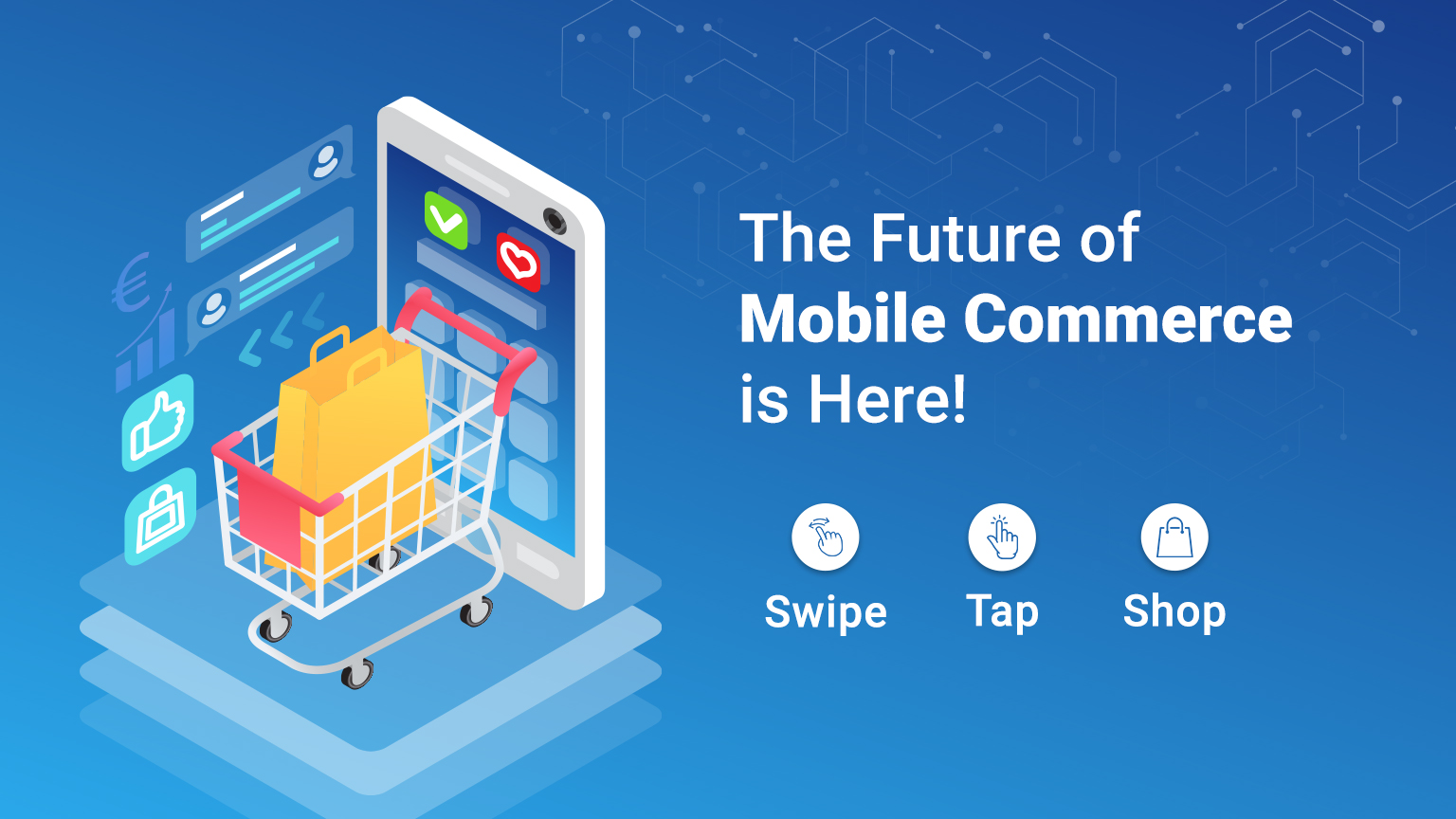The healthcare and life sciences industries are undergoing a massive transformation. Digital strategy is at the forefront, redefining patient care, research methodologies, and operational efficiencies.
From AI-powered diagnostics to personalized medicine, digital innovation is enabling faster, smarter, and more effective healthcare solutions.
In this blog, we explore how a well-defined digital strategy reshapes healthcare and life sciences, driving improved outcomes for patients and businesses.
The Need for Digital Strategy in Healthcare & Life Sciences
Inefficiencies, fragmented data, and high operational costs have long plagued traditional healthcare systems.
Meanwhile, life sciences organizations face challenges in drug discovery, regulatory compliance, and market adaptation. A robust digital strategy addresses these pain points by leveraging technology to:
- Enhance patient care through real-time data insights
- Accelerate drug discovery with AI and machine learning
- Improve operational efficiencies with cloud-based solutions
- Ensure regulatory compliance through advanced analytics
- Enable seamless interoperability among healthcare systems
Key Digital Strategies Transforming Healthcare
1. AI and Machine Learning for Smarter Healthcare
AI is revolutionizing diagnostics, treatment planning, and patient care. Machine learning algorithms analyze medical data to detect diseases early, predict patient outcomes, and assist clinicians in decision-making.
- AI-driven imaging solutions enhance the accuracy of radiology and pathology reports.
- Predictive analytics help identify at-risk patients for proactive interventions.
- Chatbots and virtual assistants streamline patient engagement and triage processes.
2. Big Data and Predictive Analytics for Better Decision-Making
Healthcare generates vast amounts of data daily. A strong digital strategy integrates big data analytics to extract meaningful insights and optimize patient care.
- Population health analytics help identify trends and predict disease outbreaks.
- Personalized treatment plans are created using genomic and patient history data.
- Operational analytics optimize hospital workflows, reducing wait times and improving resource allocation.
3. Telemedicine and Remote Patient Monitoring
The rise of telemedicine has transformed healthcare accessibility. Remote patient monitoring (RPM) solutions allow doctors to track patients’ vitals and health conditions in real time, improving care for chronic disease management.
- Virtual consultations reduce the burden on hospitals and clinics.
- Wearable devices provide continuous health tracking, enhancing preventive care.
- Remote monitoring ensures timely interventions, reducing hospital readmissions.
4. Cloud Computing for Secure and Scalable Healthcare Solutions
Cloud-based solutions enable seamless data sharing, scalability, and cost-effectiveness, making them a cornerstone of digital transformation in healthcare.
- Electronic Health Records (EHR) stored on the cloud ensure easy access and interoperability.
- Cloud-based AI models assist in drug discovery and clinical decision-making.
- Scalable infrastructure supports healthcare providers in handling large patient databases securely.
5. Blockchain for Enhanced Data Security and Compliance
Healthcare data security is a growing concern, and blockchain offers a transparent, tamper-proof solution.
- Blockchain secures patient records, ensuring data integrity.
- Smart contracts automate regulatory compliance and billing processes.
- Decentralized identity management improves patient data control and privacy.
6. IoT in Healthcare for Real-Time Monitoring
The Internet of Things (IoT) transforms patient monitoring, hospital management, and medical device efficiency.
- Smart beds track patient movement and adjust for comfort and safety.
- IoT-enabled medical devices send real-time alerts for critical conditions.
- Hospital asset tracking improves resource allocation and reduces waste.
Digital Strategy in Life Sciences: Driving Innovation and Efficiency
Life sciences organizations benefit from digital transformation in multiple ways, including drug development, clinical trials, and regulatory compliance.
1. AI-Powered Drug Discovery and Development
AI and machine learning reduce the time and cost associated with drug discovery by analyzing vast datasets and identifying potential drug candidates.
- AI models predict how compounds will interact, accelerating drug formulation.
- Machine learning speeds up clinical trials by identifying optimal participant groups.
- Automation reduces errors and improves efficiency in research labs.
2. Digital Twin Technology in Research and Development
Digital twins are virtual models of biological systems, helping researchers simulate treatments and test outcomes before real-world application.
- Simulated clinical trials reduce reliance on human subjects.
- Personalized medicine benefits from patient-specific digital models.
- AI-driven simulations enhance the precision of biomedical research.
3. Regulatory Compliance and Data Integrity
Regulatory compliance in life sciences is complex and time-consuming. Digital strategies streamline documentation, reporting, and auditing.
- Automated compliance tracking reduces errors and regulatory risks.
- Blockchain ensures transparent and immutable clinical trial records.
- AI-powered document analysis accelerates approval processes.
4. Smart Supply Chain Management
Life sciences companies rely on an efficient supply chain for manufacturing and distribution.
- IoT-enabled tracking ensures real-time monitoring of pharmaceuticals.
- AI optimizes inventory management to prevent shortages or overstocking.
- Predictive analytics enhance demand forecasting and logistics efficiency.
The Future of Digital Strategy in Healthcare & Life Sciences
The integration of digital strategies will continue to evolve, enabling more personalized, efficient, and accessible healthcare services.
Key trends shaping the future include:
- AI-driven personalized medicine tailored to an individual’s genetic profile.
- 5G-powered telehealth for seamless remote patient care.
- Voice and NLP technologies enhance patient interactions and documentation.
- Edge computing in healthcare for real-time data processing with minimal latency.
- Robotic process automation (RPA) to streamline administrative workflows.
Conclusion
A well-defined digital strategy is no longer an option but a necessity for healthcare and life sciences organizations.
From AI-powered diagnostics to blockchain-secured patient records, digital transformation is improving patient care, accelerating drug discovery, and ensuring regulatory compliance.
Organizations that embrace these digital innovations will not only improve operational efficiency but also redefine the future of healthcare.



